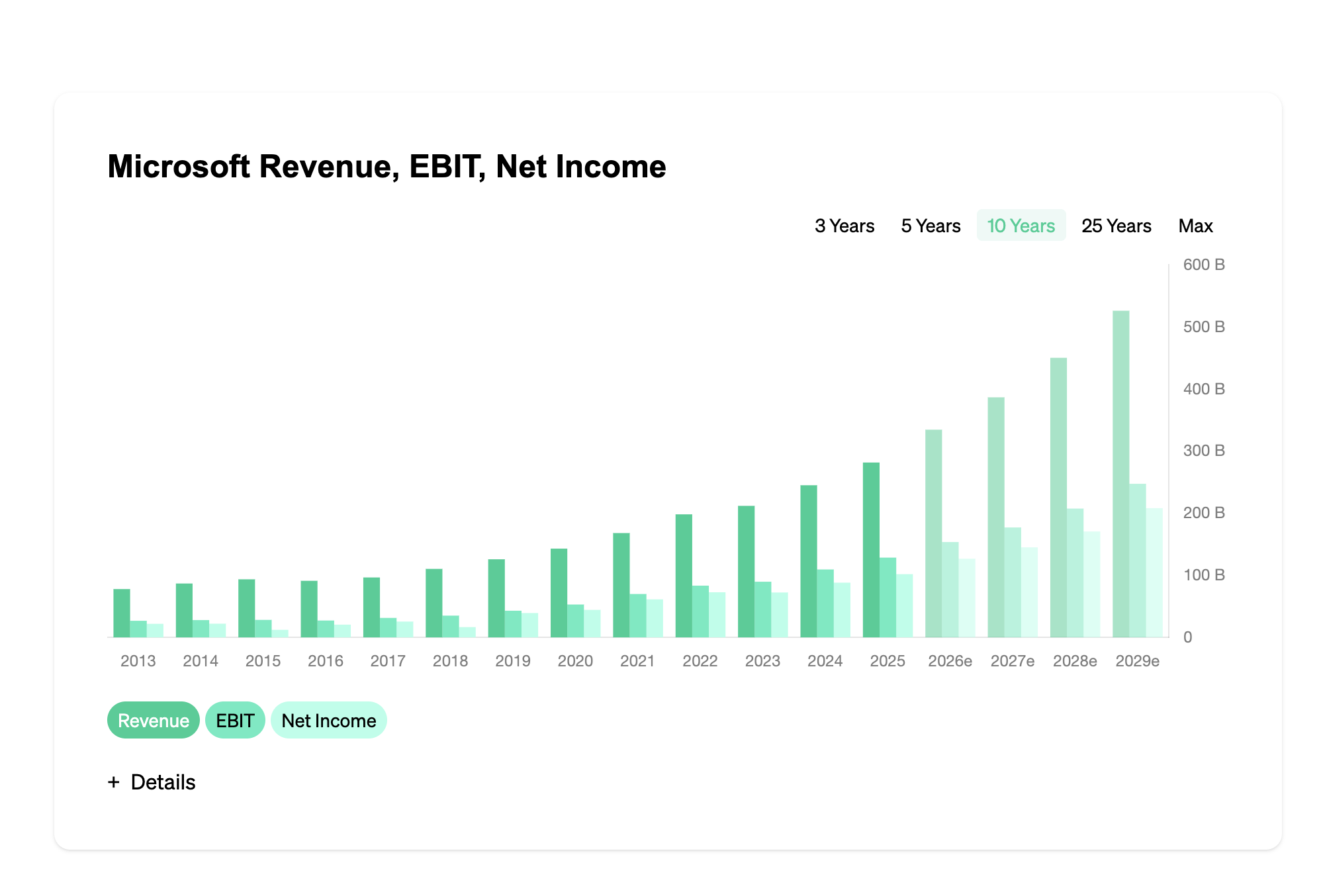Build Own Operate
Definition and Explanation
TL;DR – Brief Definition
Go to FAQs →Build Own Operate: Definition: "Build-Own-Operate" (BOO) describes a business model commonly used in infrastructure development and project financing. It refers to a contractual arrangement where a party, usually a private company or consortium, assumes the responsibility for designing, constructing, owning, and operating a facility or infrastructure asset. This model is prevalent in various sectors, including energy, transportation, telecommunications, and public-private partnerships (PPP). "Build-Own-Operate" projects typically involve a lengthy contractual framework known as a concession agreement, which outlines the rights, obligations, and financial arrangements between the project company and the public entity or grantor. The project company assumes the risk involved in developing and operating the asset, usually financing a significant portion of the project costs through debt and equity. From a financial perspective, the project company may secure funding from various sources, including commercial banks, development banks, institutional investors, and capital markets. The funds acquired are primarily used to finance construction and acquisition costs. The company then generates revenue by operating the asset and charging users (e.g., toll fees for roads, electricity tariffs for power plants) or through a concession fee, as agreed upon in the concession agreement. The "Build-Own-Operate" model offers advantages to both the project company and the grantor. For the project company, it allows them to participate in infrastructure development, providing a steady revenue stream over an extended period. Additionally, the concession agreement guarantees the project company exclusive rights to operate the asset during the concession period. On the other hand, the grantor benefits from "Build-Own-Operate" projects by transferring the risks associated with infrastructure development, operation, and maintenance to the project company. In the case of PPPs, this model allows the government to leverage private sector expertise and resources, avoiding the burden of financing infrastructure projects solely using public funds. Overall, the "Build-Own-Operate" model has proven to be an effective mechanism for infrastructure development and finance. Its flexibility and potential for attracting private investment have made it a popular choice for various capital market participants seeking opportunities in infrastructure projects. With well-structured contractual agreements and sound financial management, "Build-Own-Operate" projects can lead to successful investments, spurring economic growth while fulfilling societal needs. As a leading platform for equity research and finance news, Eulerpool.com provides comprehensive insights into the "Build-Own-Operate" model and its applications in capital markets. With our glossary, investors and market participants can stay informed about this and other terms related to stocks, loans, bonds, money markets, and cryptocurrencies. Stay updated with the latest trends and developments in the industry, supporting your investment decisions with expert knowledge. Visit Eulerpool.com today!
Detailed Definition
Frequently Asked Questions about Build Own Operate
Was bedeutet Build Own Operate?
Definition: "Build-Own-Operate" (BOO) describes a business model commonly used in infrastructure development and project financing. It refers to a contractual arrangement where a party, usually a private company or consortium, assumes the responsibility for designing, constructing, owning, and operating a facility or infrastructure asset.
Wie wird Build Own Operate beim Investieren verwendet?
„Build Own Operate“ hilft dabei, Informationen einzuordnen und Entscheidungen an der Börse besser zu verstehen. Wichtig ist immer der Kontext (Branche, Marktphase, Vergleichswerte).
Woran erkenne ich Build Own Operate in der Praxis?
Achte darauf, wo der Begriff in Unternehmensberichten, Kennzahlen oder Nachrichten auftaucht. In der Regel wird „Build Own Operate“ genutzt, um Entwicklungen zu beschreiben oder Größen vergleichbar zu machen.
Welche typischen Fehler gibt es bei Build Own Operate?
Häufige Fehler sind: falscher Vergleich (Äpfel mit Birnen), isolierte Betrachtung ohne Kontext und das Überinterpretieren einzelner Werte. Nutze „Build Own Operate“ zusammen mit weiteren Kennzahlen/Infos.
Welche Begriffe sind eng verwandt mit Build Own Operate?
Ähnliche Begriffe findest du weiter unten unter „Leserfavoriten“ bzw. verwandten Einträgen. Diese helfen, „Build Own Operate“ besser abzugrenzen und im Gesamtbild zu verstehen.
Čitateljski favoriti u Eulerpool burzovnom leksikonu
Einzugswechsel
Definition: Der Begriff "Einzugswechsel" bezieht sich auf ein spezielles Finanzinstrument, das im Rahmen des Handels mit Schuldtiteln verwendet wird. Ein Einzugswechsel ist eine Form des Wechsels, bei dem der Zahlungsempfänger berechtigt...
Schuldversprechen
Schuldversprechen ist ein Begriff aus dem Bereich der Kapitalmärkte und bezieht sich auf ein wichtiges Finanzinstrument, das bei der Ausgabe von Anleihen verwendet wird. Es handelt sich um eine rechtlich...
Open-Space-Methode
Die "Open-Space-Methode" ist ein strukturierter Ansatz zur Förderung von kreativer Zusammenarbeit und innovativem Denken in Teams und Organisationen. Ursprünglich entwickelt von Harrison Owen in den 1980er Jahren, hat sich diese...
Insert
Einfügen Als "Einfügen" bezeichnet man in der Finanzwelt den Vorgang des Erwerbs einer Position in einem spezifischen Finanzinstrument, sei es eine Aktie, ein Kredit, eine Anleihe, ein Geldmarktinstrument oder auch eine...
Preiskontrolle
Preiskontrolle ist ein Begriff, der in den Kapitalmärkten verwendet wird, um den Prozess der Überwachung und Regulierung von Preisen und Handelsaktivitäten zu beschreiben. In der Regel bezieht sich Preiskontrolle auf...
Information Overload
Information Overload, auf Deutsch auch als Informationsüberlastung bezeichnet, bezieht sich auf die Überfülle und Überflutung von Informationen, mit denen Investoren auf den Kapitalmärkten konfrontiert werden. In einer Welt, in der...
Internationales Privatrecht (IPR)
Internationales Privatrecht (IPR) ist ein rechtlicher Rahmen, der die Beziehungen zwischen verschiedenen Rechtssystemen im internationalen Kontext regelt. Es ist von entscheidender Bedeutung für den Kapitalmarkt, insbesondere für Investoren, die in...
Regelungsabrede
Regelungsabrede ist ein rechtlicher Begriff im Bereich des deutschen Arbeitsrechts und bezieht sich auf eine Vereinbarung zwischen Arbeitgeber und Arbeitnehmer über individuelle Regelungen im Arbeitsverhältnis. Diese Vereinbarung dient dazu, bestimmte...
Istzeit
Istzeit wird als ein zentraler Begriff in der Finanzwelt verwendet, insbesondere bei der Bewertung von Anlagen in Kapitalmärkten. In der deutschen Sprache kann "Istzeit" wörtlich als "aktuelle Zeit" übersetzt werden....
Prognoseinstrumente
Prognoseinstrumente sind essentielle Hilfsmittel für Investoren, um fundierte Einschätzungen und Vorhersagen über die zukünftige Entwicklung von Finanzmärkten, speziell im Bereich der Kapitalmärkte, zu treffen. Diese Instrumente basieren auf verschiedenen Analysemethoden...

